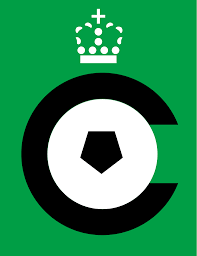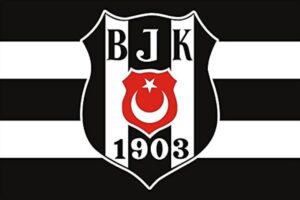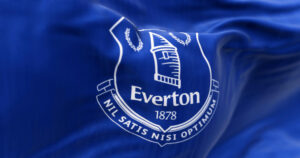Cercle Brugge FC: History, Achievements & Latest News

Cercle Brugge FC
Cercle Brugge FC is a storied football club rooted deeply in the Belgian football landscape. Known for its rich history and passionate fan base, Cercle Brugge FC continues to be a symbol of tradition and resilience. This comprehensive article delves into the journey of Cercle Brugge FC, exploring its historical milestones, notable achievements, and the latest developments shaping its future.
The Historical Foundations of Cercle Brugge FC
Understanding the roots of Cercle Brugge FC provides insight into its cultural significance and enduring legacy within Belgian football. Founded in the late 19th century, the club has witnessed numerous evolutions, both on and off the pitch mb 66.
Origins and Early Years
Cercle Brugge FC was established in 1899, making it one of Belgium’s oldest football clubs. The club’s foundation was driven by a group of young enthusiasts who aimed to promote organized football in the city of Brugge.
In its early years, Cercle Brugge quickly gained recognition for its disciplined play and commitment to developing local talent. The club initially participated in regional leagues, gradually ascending the tiers of Belgian football. Its early success laid a strong foundation for future growth, despite the challenges posed by World Wars and economic upheavals.
The club’s original colors, royal blue and white, became symbols of their identity, resonating with fans and creating a sense of unity. During this period, Cercle Brugge also fostered rivalries that would become central to its identity, notably with Club Brugge, the city’s other major team.
The Golden Era and Key Historical Milestones
Throughout the first half of the 20th century, Cercle Brugge experienced various peaks and troughs. The club’s golden era, however, came during the 1960s and 1970s, when they secured several national titles and cup victories.
One of the most significant milestones occurred in 1968 when Cercle Brugge clinched its first Belgian First Division title. This achievement marked the pinnacle of their competitive success and established them as a force to reckon with in Belgian football. Their style of play was characterized by tactical discipline and technical finesse, earning admiration from fans and rivals alike.
The club’s resilience was tested during periods of decline, but strategic management and talented squads often brought resurgence. Notably, Cercle Brugge’s youth academy began gaining prominence during these years, emphasizing sustainable growth and long-term success.
Navigating Through Modern Challenges
Entering the 21st century, Cercle Brugge faced new challenges amid shifting league structures, financial constraints, and increasing competition. Despite these hurdles, the club maintained its core values: fostering local talent, community engagement, and striving for excellence.
The advent of professionalism led to significant investments in infrastructure, including the development of training facilities and stadium upgrades. These advancements helped Cercle Brugge FC to compete at higher levels and attract promising players from across Europe.
Today, the club continues to honor its historic roots while adapting to the evolving football landscape. The club’s history serves as an inspiring backdrop for current endeavors and future ambitions.

